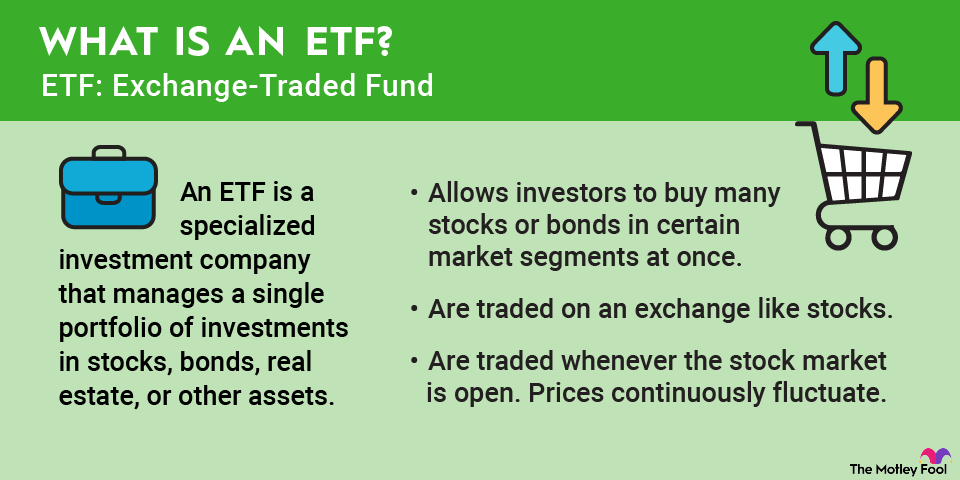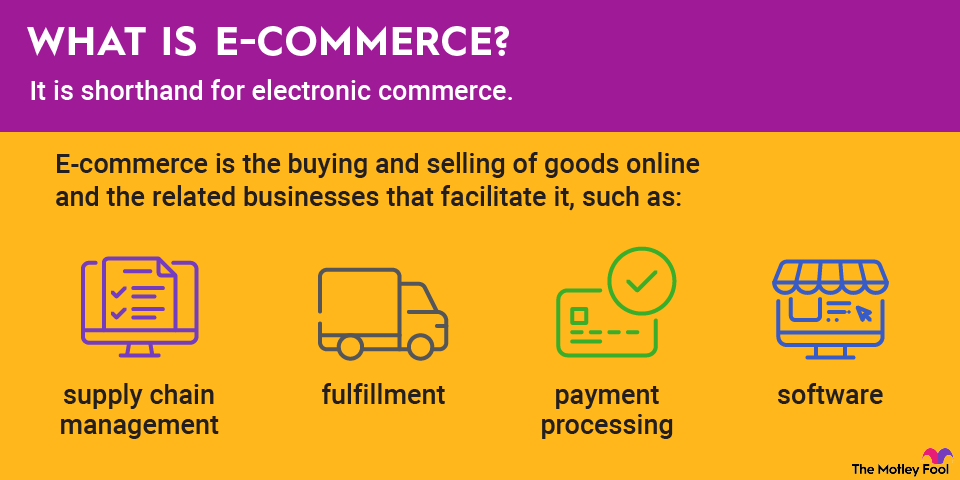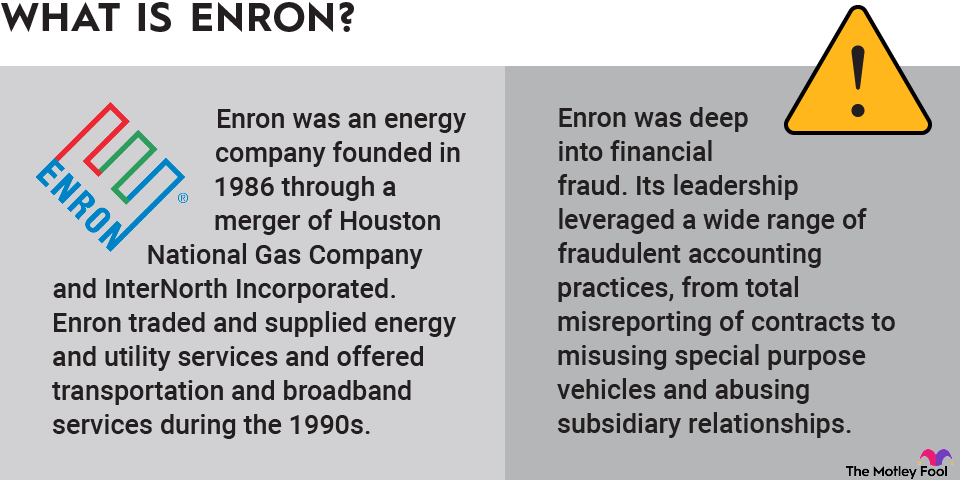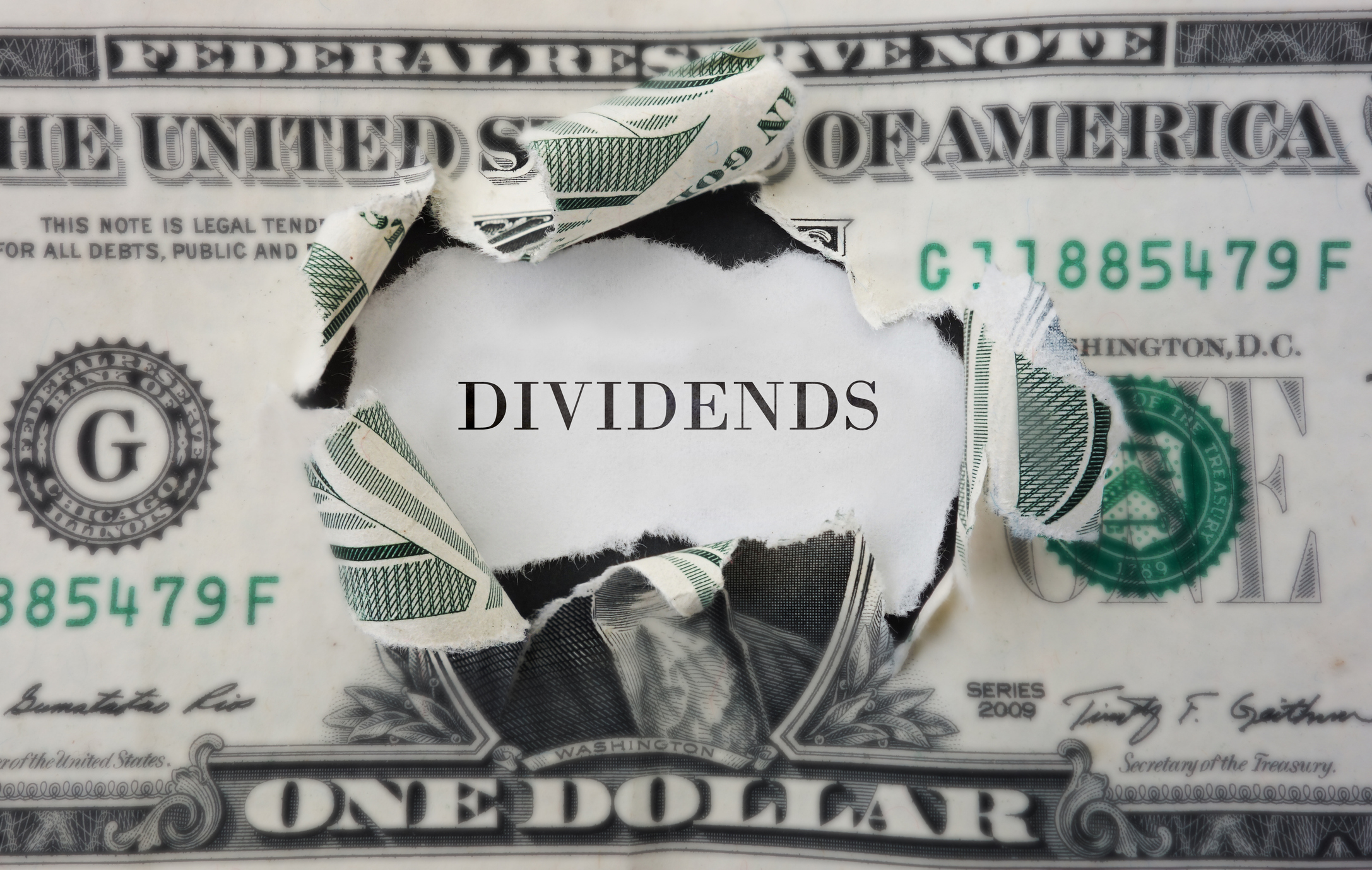Being an investor also means understanding every part of your investment. Not only are there often fees to buy into investments, but there can also be fees to exit them. Knowing the amount of these fees -- known as exit fees -- can help you better understand the return to expect on your investment.

What is an exit fee?
An exit fee is just a fee that is charged to exit an investment. Exit fees are common with assets like mutual funds, certificates of deposit, and insurance products but can be a feature of other types of investments, too. Always be certain to read all the documents, such as the prospectus, to be sure you understand the fees that are involved.
Exit fees are often charged when you exit an investment early, but this isn't always the case. In some investments, you may also have an exit fee that declines when you hold the investment for a longer period, encouraging people to reduce the costs associated with the investment by keeping it longer.
There are also exit fees in commercial real estate lending, but they're very different from exit fees in other types of investing.
What types of exit fees are there in investing?
There are several kinds of exit fees in investing, but the most common are:
- Early withdrawal fees. Buying a certificate of deposit entitles you to a certain amount of interest for doing absolutely nothing, which is great. But if you have to exit the investment early, you'll be facing an early withdrawal fee. This is usually forfeiture of six months to a year's worth of interest.
- Back-end sales loads. Back-end sales loads are common with mutual funds. These fees are used to pay a commission to the company that sold the mutual fund to you, often in place of a front-end sales load. Many back-end sales loads slowly decrease the longer you hold the investment, eventually disappearing as the investment is able to be converted to a mutual fund class with no back-end sales load.
- Redemption fees. Mutual funds also charge redemption fees, which are returned to the fund to compensate it for the cost of handling your transaction. These are generally a very small percentage of your investment, no more than 2% per federal regulations.
- Surrender charges. Insurance products like annuities and life insurance with cash values may charge a fee for closing your account. Like mutual funds, it's very possible that this fee will diminish the longer you hold the investment, but expect to have to wait at least a decade for that to happen.
Exit fees in commercial real estate lending
If you're involved in commercial real estate or are considering it, there's another type of exit fee to know. This exit fee is associated with commercial real estate loans and is charged with most transactions. Similar to a prepayment penalty, this fee is charged when you close the loan out. Unlike a prepayment penalty, however, you'll be charged this fee regardless of when you pay off your loan.
Prepayment Penalty
Although many commercial real estate loans are structured so that the exit fee is a flat fee regardless of when you pay the loan off, there are situations where it can increase as time goes by as an incentive to pay the loan off more quickly. These fees are often in place of a loan origination fee but also can simply make the commercial loan that much more appealing to investors and banks since the risk of default is often significant.
Related investing topics
How to avoid exit fees
Avoiding exit fees is not that difficult if you can wade through all the account documents you've been given with your investment. First of all, check for the exact dates after which your investment will be free of all or most exit fees. Mark them on your calendar so you know exactly when you can cash out if you should choose.
Some exit fees can't be avoided, and in those cases, your best bet is to plan for them and budget them into your investment as a known expense. This way, you won't be counting on, say, a 6% yield when you've got exit fees that reduce that figure to 4%. Knowing that you have an exit fee on the horizon can help you choose investments that make more sense for your investing goals.



















